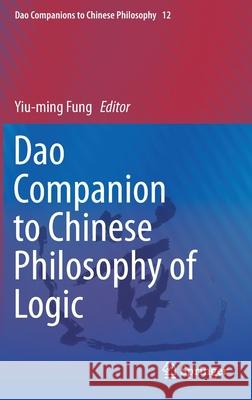DAO Companion to Chinese Philosophy of Logic » książka
topmenu
DAO Companion to Chinese Philosophy of Logic
ISBN-13: 9783030290313 / Angielski / Twarda / 2020 / 556 str.
Kategorie BISAC:
Wydawca:
Springer
Seria wydawnicza:
Język:
Angielski
ISBN-13:
9783030290313
Rok wydania:
2020
Wydanie:
2020
Numer serii:
000388130
Ilość stron:
556
Waga:
0.96 kg
Wymiary:
23.39 x 15.6 x 3.17
Oprawa:
Twarda
Wolumenów:
01
Dodatkowe informacje:
Wydanie ilustrowane











